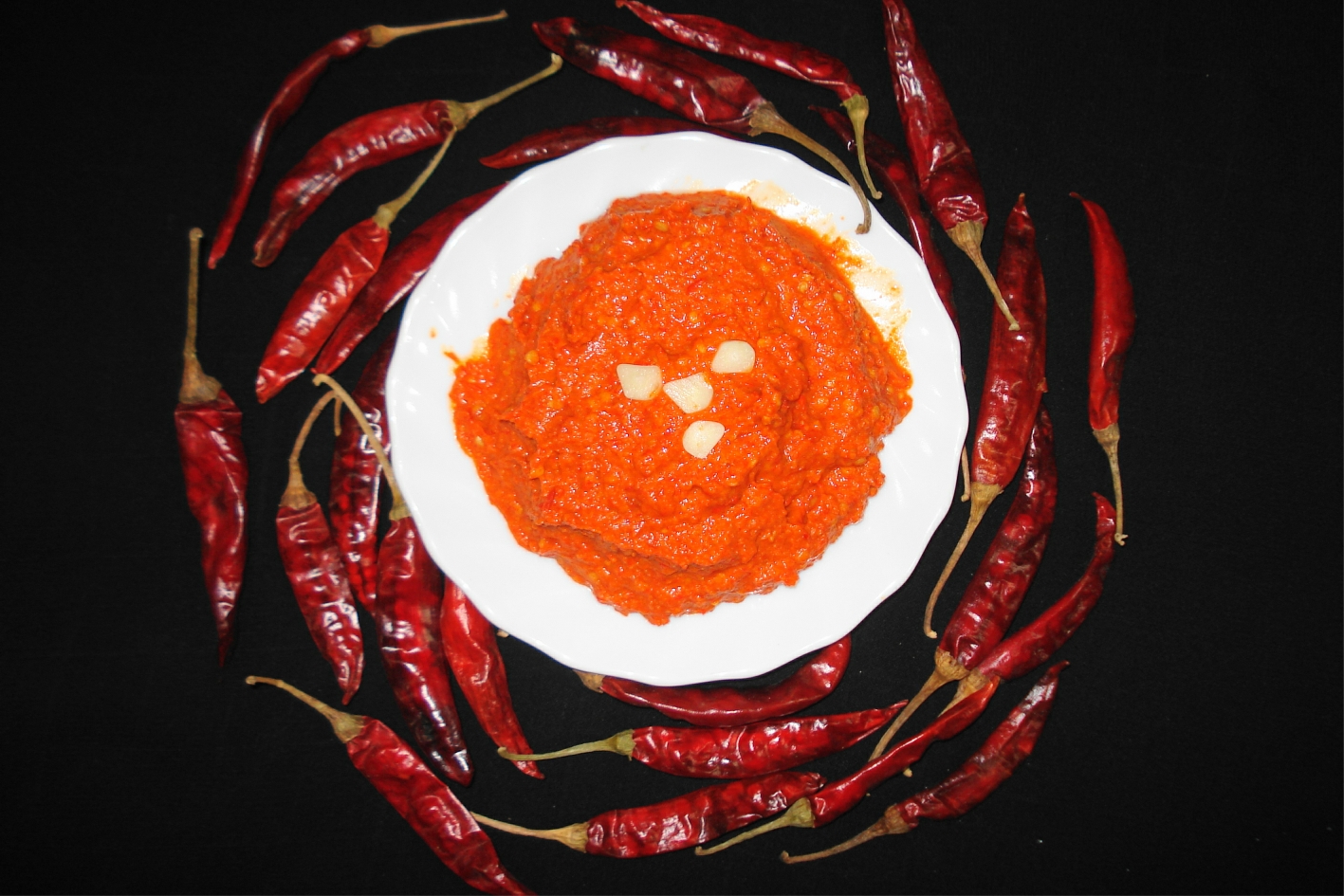
Savouring history
" There is no good cuisine without good products "
Conseiller Culinaire Mounir El Arem unveils the culinary tale of his homeland, Tunisia.
Tunisia, a small country in terms of its size yet huge by its history. Its origins start with the Capsian Era, estimated to be around 7000 BC. The Capsian people were hunters and skilled stonecutters. They were the first to tame sheep and cattle for consumption. They included into their diet snails, plants, and anything that grew in the soil.
More recently, the Tyrian Elyssa founded Carthage in 814 BC on the shores of the Gulf of Tunis. The city quickly established itself in the Mediterranean region becoming a hub for the exchange of various goods between East and West. Crops such as cereals, olive trees, date palms, pomegranates, vines, etc. expanded with prosperity.
Carthage became the granary of Rome for several centuries. Three important periods followed: the Vandals in 430, the Byzantines in 544, the Arabs in 644 who designated the city of Kairouan as the capital of the Muslim world. In 1492 after the fall of Granada, waves of refugees occurred, leading many Andalusians to settle in Tunisia.
Andalusians brought chili peppers, tomatoes, potatoes, and prickly pear fruit from America to Tunisia. Tunisia fell under Ottoman rule, introducing new dishes reflecting the lavish lifestyle of the Beys at that time. In the 19th century, French colonization began, followed by an influx of Italians in the early 20th century.
New flavours were added to the Tunisian table. With such a diverse history, our cuisine is rich, varied and multicultural. Tunisia is located in the heart of the Mediterranean. The weather is suitable for different seasons. This makes the agriculture richly abundant, including fruit trees, vegetables, herbs, spices, legumes, and cereals.
In homage to culinary masters, I share a quote from Jacques Charette, President of the Académie Nationale de Cuisine: ‘There is no good cuisine without good products.’
Tunisia is abundant in high-quality agricultural products. For example, the iconic harissa, a chili paste with coriander and garlic, has recently been inscribed on UNESCO's Intangible Cultural Heritage List in 2022.
Similarly, couscous, a staple of Berber Amazigh heritage, has also earned a place on UNESCO's Intangible Cultural Heritage List in North Africa.
Another Tunisian highlight, rooted in Carthaginian times, tuna was salted and smoked to be preserved and consumed with great appetite.
Nowadays Tunisians are still avid consumers of tuna, harissa, olive oil, and bread as appetizers in all restaurants. Olive oil especially which is omnipresent in Tunisian gastronomy.
Mounir El Arem
Conseiller Culinaire
Bailliage of Tunisia